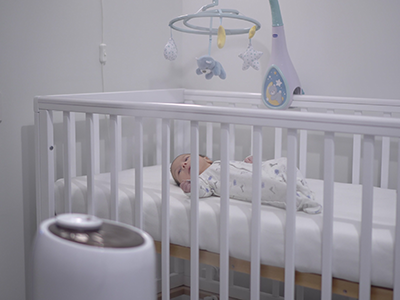I was in a coffee shop the other day when a mother and her son, maybe about 10 years old, sat down next to me. They were having a nice conversation when the boy nervously told his mother that he’d gotten in trouble at school. His mother, very non-judgmentally, simply asked what happened. He recounted an event where he had gotten in trouble for talking out of turn. She listened quietly, then again with warmth and curiosity, asked what he had learned from the event. After he told her what he learned, she told him that if he went through life too afraid to make mistakes, he would never learn and grow. He seemed relieved and they moved on to discuss other topics.
I listened to this interaction with a smile on my face. I felt as though this mom handled this experience perfectly. She did not condone what he did, nor did she make him feel terrible. She helped him come to the realization himself that this behavior wasn’t in line with his goals and that he could do better next time. She also used the opportunity to teach him not to be afraid of making mistakes.
I think this example highlights what I hope to do with my children in many instances, but especially if they bring home a bad report card. Like all parents, I want my children to excel in school so that they have many options open to them in their future, regardless of the path they eventually choose. So, I know I will care a lot about their report cards and will try to keep this mom in mind when the bad report card inevitably comes home.
How to deal with a bad report card
- Determine whether this is unusual or showing a trend. If you are seeing a trend, it may be important to consider seeking an expert evaluation on your child’s school performance to determine if there are any emotional, behavioral, or learning concerns that might be affecting their functioning in school. Any of those issues can be addressed if the problem is identified.
- Calmly, warmly, and non-judgmentally, ask your child to describe their thoughts about the report card. Ask how she feels about it. Ask her why she thinks she got each of the grades.
- Ask her opinion on what to do next. Remind her that this is a great learning opportunity to figure out how to help her in the future. Come up with solutions together and let her know you are there to help. Maybe she would like more support with her homework, a tutor or help with her organizational skills.
- Remember that the school and her teachers should be part of the team to help her succeed. If you need to set up a meeting, make sure you come prepared with your goals and make sure you include your child in setting those goals. For example, you can identify things like achieving a certain skill level, passing the class, achieving a particular grade range or improving study skills. If you help the teachers understand your and your child’s goals, they can help you get there.
Above all, the most important thing is to remind your child that you are on their team to help. Providing support, rather than punishment, is more valuable in the long run and can help your child be more motivated for her own reasons and values, than just for avoiding punishment.
 https://riseandshine.childrensnational.org/wp-content/uploads/2024/11/boost-immune-system-feature.jpg
300
400
Danielle Robbins
https://riseandshine.childrensnational.org/wp-content/uploads/2017/11/childrens_riseandshine_logo.jpg
Danielle Robbins2024-11-19 15:04:122024-11-19 15:04:127 ways to boost your child’s immune system
https://riseandshine.childrensnational.org/wp-content/uploads/2024/11/boost-immune-system-feature.jpg
300
400
Danielle Robbins
https://riseandshine.childrensnational.org/wp-content/uploads/2017/11/childrens_riseandshine_logo.jpg
Danielle Robbins2024-11-19 15:04:122024-11-19 15:04:127 ways to boost your child’s immune system





















Leave a Comment
Want to join the discussion?Feel free to contribute!